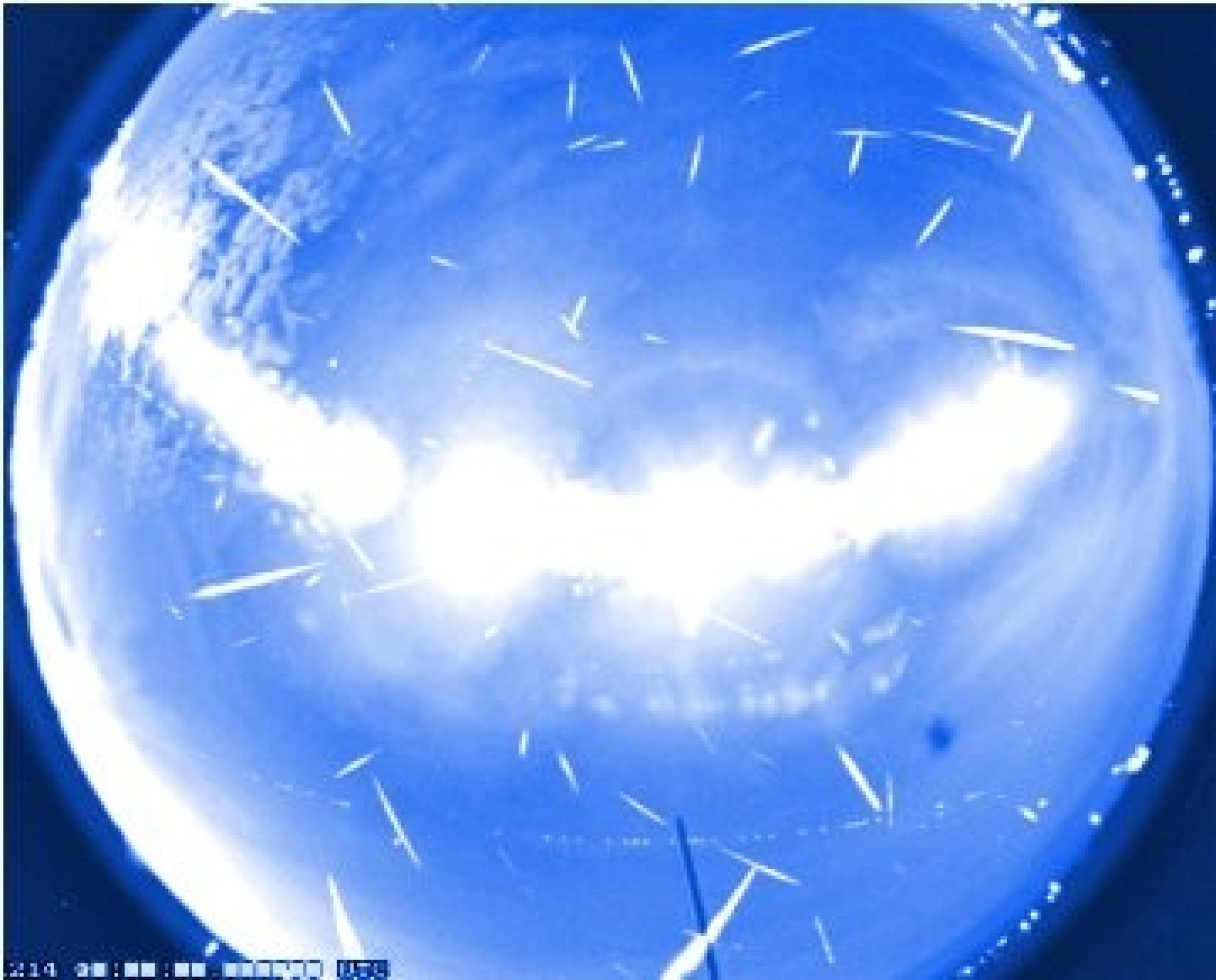Geminids Meteor Shower, Last Big One for 2011, Peaks Tuesday [PHOTO]
Stargazers and celestial enthusiasts won't have to wait much longer, as the much anticipated annual Geminids meteor shower is set to peak on Tuesday night. It is the last big meteor shower of 2011, but it seems as if the moon is looking to ruin the breath-taking event.
The bright moonlight from a full moon on Dec. 10 is threatening to obstruct sky watchers from experiencing the true beauty of one of the most spectacular meteor showers of the year.
NASA has said that the final major meteor shower of the year can be seen between Dec. 12 and Dec. 16, but that the night of Dec. 13-14 is the anticipated peak.
Last Friday, Space.com reported that the Geminids started out weak and scattered throughout the month, but are increasing in activity for the peak.
The lunar eclipse is gorgeous, but it's not very helpful for meteor watching, Bill Cooke, head of the Meteoroid Environments Office at NASA's Marshall Space Flight Center in Huntsville, Ala., told Space.com.
But stargazers shouldn't be too hard on the old moon: after all, it did present an amazing lunar eclipse this weekend.
About the Geminids
The space agency describes Geminids as pieces of debris from an object called 3200 Phaethon, which NASA said is kind of a mystery. When it is closely approaching the sun, the brightness of the Phaethon exhibits increases to that of a comet.
NASA said its orbit is characteristic of an asteroid.
Each year in mid-December, the Earth passes the stream of debris from Phaethon and brings stargazers the spectacular Geminid meteor shower. The constellation in which the radiant is located gives the shower its name and so Geminids seems to come from a point in Gemini.
NASA said the Geminids are younger when compared to the Perseids or Leonids. The first reports of the Geminids happened in the 1830's with rates of about 20 per hour, but those rates have increased over the years with between 80 and 120 per hour at its peak on a clear evening.
NASA said even though the full moon will have an effect on the display, sky watchers can still expect to see up to 40 per hour if skies are clear.
Related Article: Geminid Meteor Shower: Where to Watch Excellent Sky Views Online [VIDEO]

© Copyright IBTimes 2024. All rights reserved.












